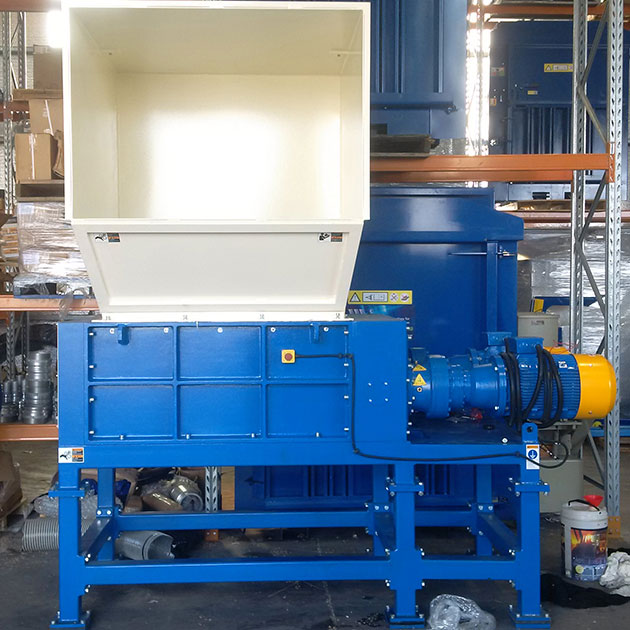The Environmental and Economic Benefits of Recycling
Recycling has become a powerful tool in our ongoing efforts to protect
the environment and promote economic sustainability. We can effectively reduce
waste, conserve resources, and make the way for a greener future. Here are some
advantages that recycling brings to both the environment and the economy.
1. Tyre Recycling:
Tyres, once discarded, pose a significant environmental challenge due to
their slow decomposition and potential for hazardous waste release. This,
however, presents a solution to this issue
tyre recycling into valuable materials. Through processes like shredding
and grinding, old tyres can be transformed into rubber mulch, crumb rubber, and
other usable products. This not only reduces the burden on landfills but also
curbs the demand for virgin rubber, conserving natural resources.
2. Recycling Plants:
The establishment and operation of recycling play a pivotal role in
promoting sustainable waste management. Recycling serves as hubs where various
materials, including paper, plastics, glass, and metals, are collected,
processed, and prepared for reuse. These facilities enable the efficient
sorting and processing of recyclable materials, ensuring that valuable
resources do not go to waste. The revenue generated by recycling contributes to
local economies, while the reduction in waste sent to landfills helps alleviate
environmental pressures.
3. Compactor Bin:
They offer an innovative approach to waste management, optimizing space
utilization and reducing the frequency of waste collection. These bins utilize
compaction technology to compress waste materials, allowing more waste to be
stored in a single container. The use of bins not only reduces the visual
impact of waste but also decreases the need for transportation and landfill
space. In commercial settings, compactor
bins prove particularly beneficial, as they streamline waste disposal
processes and contribute to overall operational efficiency.
4. Cardboard Compactors
Australia:
Australia's commitment to sustainable waste management is exemplified by
the widespread adoption of cardboard compactors. These machines are designed to
compress cardboard waste, transforming it into compact bales that are easier to
handle and transport. By utilizing
cardboard compactors Australia, businesses and industries can significantly
reduce the volume of cardboard waste destined for landfills. This practice not
only conserves landfill space but also promotes resource efficiency and reduces
the carbon footprint associated with waste disposal.
5. Environmental Benefits
of Recycling:
Recycling directly contributes to environmental conservation by reducing
the need for raw materials extraction. When items such as paper, plastics, and
metals are recycled, there is a decreased demand for virgin resources, leading
to habitat preservation and reduced energy consumption. Furthermore, recycling
reduces greenhouse gas emissions, as the manufacturing of products from
recycled materials generally requires less energy compared to using virgin
materials. This results in a smaller carbon footprint and contributes to the
fight against climate change.
6. Economic Benefits of
Recycling:
Recycling not only safeguards the environment but also yields substantial
economic advantages. The recycling industry creates jobs in various sectors,
from collection and processing to manufacturing and distribution. Recycling plants stimulate local
economies by generating revenue and creating employment opportunities.
The practice of recycling embodies a
harmonious synergy between environmental protection and economic prosperity. As
responsible stewards of our planet, let us continue to prioritize recycling and
propel our world toward a more sustainable trajectory. Visit https://wasteinitiatives.com.au/ to know more!



.jpg)


Comments
Post a Comment